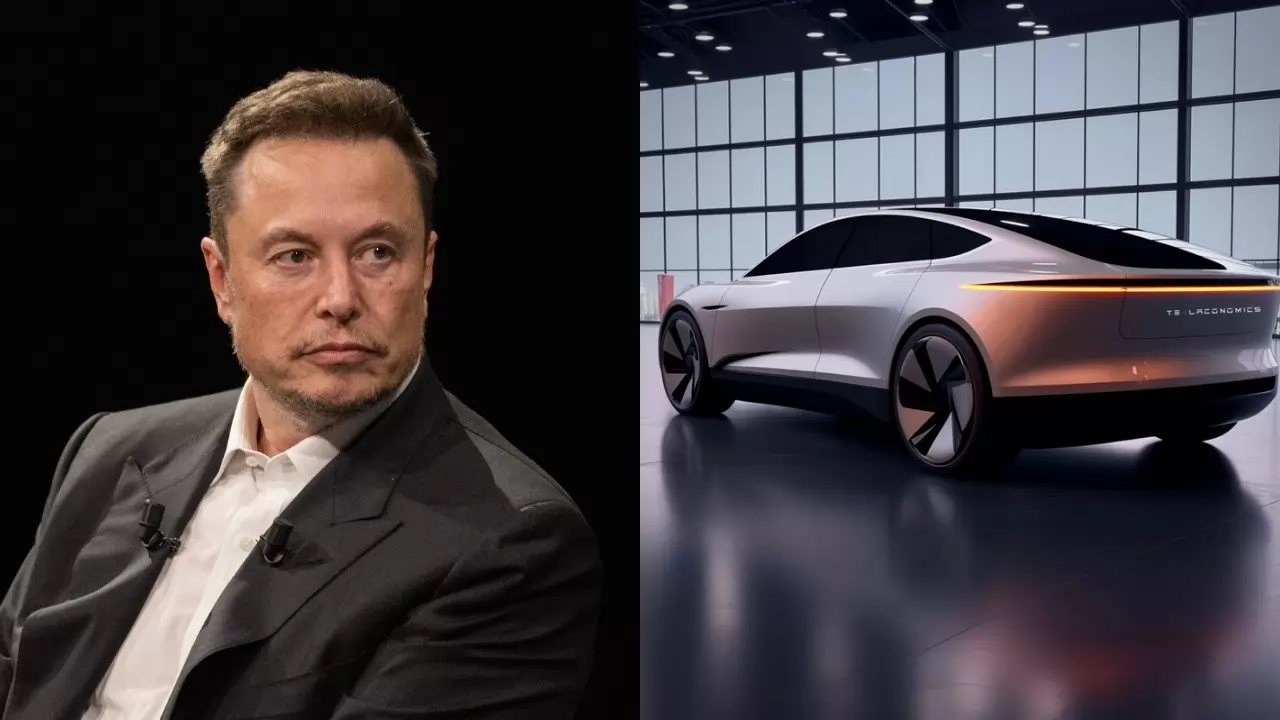
X
As the central government courts Tesla for manufacturing in India, state governments such as Gujarat and Tamil Nadu are vying to attract the company's component suppliers. According to the Economic Times, these efforts are part of a strategic move to establish a robust supplier ecosystem that could influence Tesla's decision on where to set up its manufacturing base.
States are keen to attract Tesla's component suppliers because having these suppliers locally can accelerate production, reduce transportation time and costs, and make the region more appealing for Tesla's manufacturing operations. Recently, three of Tesla's component suppliers, as well as suppliers for other automakers, visited Gujarat for site assessments. Meanwhile, two European suppliers are considering expanding their operations in Tamil Nadu.
Tamil Nadu is already a hub for automotive and electronics manufacturing, hosting some of Tesla's current suppliers. These include a European metal component producer and a German rubber parts manufacturer with a joint venture in Pune. With Tata Motors and Vinfast setting up significant plants in Tamil Nadu, these suppliers are likely to serve additional automakers such as Jaguar-Land Rover and Vinfast.
Tesla sources batteries from China's BYD and CATL, as well as from Panasonic and LG Energy in the USA. According to Soumen Mandal, Senior Research Analyst at Counterpoint Research, Tesla has similar strategic partnerships for components like telematics, power cables, LED lights, and displays. Establishing these supply chains within India could further enhance the country's attractiveness as a manufacturing hub.
Attracting Tesla's component suppliers could significantly benefit India by reducing the dependency of U.S. manufacturers on China. This shift positions India as a reliable partner to meet the increasing demands of global automakers, noted Ashwin Amberkar, an automotive analyst at Canalys.
India's current electric vehicle (EV) policy allows global automakers to import Completely Built-Up (CBU) vehicles at a reduced import duty of 15% for vehicles priced at $35,000 and above, for a period of five years. However, these automakers must set up a domestic manufacturing facility within three years and achieve 25% localisation of components by the third year, increasing to 50% by the fifth year.
By focusing on attracting Tesla's component suppliers, state governments like Gujarat and Tamil Nadu aim to create a compelling ecosystem that could potentially influence Tesla's decision-making process and bolster India's position in the global automotive industry.





Copyright © 2026 Top Indian News
